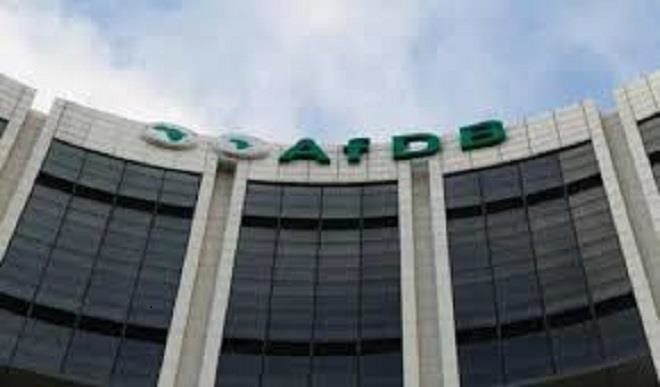FG, AFDB launch tech programme for wheat production
The Federal Government and the African Development Bank have launched the Technologies for African Agricultural Transformation (TAAT) compact programme for the Nigeria’s wheat value chain. TAAT is an integral part of the Feed Africa Strategy and a three-year (2018-2020) programme to be implemented in seven selected African countries-Nigeria, Sudan, Ethiopia, Tanzania, Kenya, Mali, and Zimbabwe. […]

The African Development Bank
The Federal Government and the African Development Bank have launched the Technologies for African Agricultural Transformation (TAAT) compact programme for the Nigeria’s wheat value chain.
TAAT is an integral part of the Feed Africa Strategy and a three-year (2018-2020) programme to be implemented in seven selected African countries-Nigeria, Sudan, Ethiopia, Tanzania, Kenya, Mali, and Zimbabwe.
Speaking at the workshop held at the Agricultural Research Council of Nigeria in Abuja, the Executive Director, Lake Chad Research Institute (LCRI), Dr K.W Gwadi, said the programme focused on the country’s current commitment to self-sufficiency in wheat production.
He said the programme would scale up wheat technologies and deploy best practices that would ensure farmers increase yields from the current 3.0t/ha to 5-6 t/ha.
“Wheat importation still places huge economic burden on Nigeria, while consumption is ever increasing and further driving the national out-put insignificant.
“The current wheat domestic consumptions is 4.2 million metric tonnes and Nigeria spends over $4.3 million annually on import, but national production was only 350,000 metric tonnes,” he said.
He noted that collaboration with other partners such as the AFDB, ICARDA and AFDB funded SARD-SC Project resulted in the release of six new varieties of wheat with yield potential of 5 to 6 tonnes per hectares.
In an interview with Daily Trust, TAAT wheat coordinator, Dr. Solomon Assefa, said all stakeholders must work as a team to guarantee market for farmers.
“African countries spend billions of naira on wheat importation including Nigeria, therefore, bringing technology would create opportunity for the farmers and in return increase productivity as this country is growing rapidly,’’ he added.
